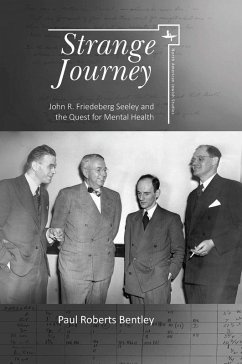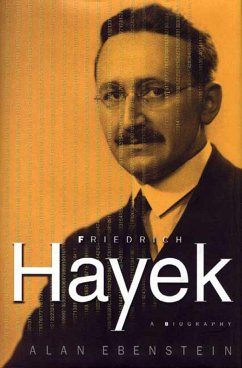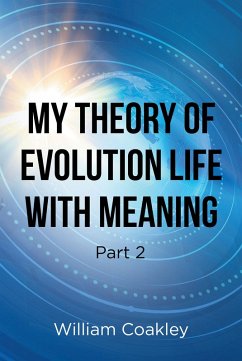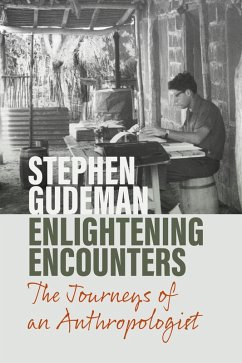
Heinz Kohut (eBook, ePUB)
Psychoanalyst

PAYBACK Punkte
3 °P sammeln!
A penetrating biography of Heinz Kohut, the father of "self psychology" and one of the most influential psychoanalysts since Freud.Heinz Kohut stood at the epicenter of the twentieth-century psychoanalytic movement. After escaping Nazi-occupied Vienna, he settled in Chicago, where he swiftly rose to become the leader of the Chicago Institute for Psychoanalysis, a breeding ground for groundbreaking research and clinical practice in the field.In the post-World War II era, American psychoanalysis flourished as analysts expanded upon Freud's insights. However, the discipline's waning humanism bega...
A penetrating biography of Heinz Kohut, the father of "self psychology" and one of the most influential psychoanalysts since Freud.
Heinz Kohut stood at the epicenter of the twentieth-century psychoanalytic movement. After escaping Nazi-occupied Vienna, he settled in Chicago, where he swiftly rose to become the leader of the Chicago Institute for Psychoanalysis, a breeding ground for groundbreaking research and clinical practice in the field.
In the post-World War II era, American psychoanalysis flourished as analysts expanded upon Freud's insights. However, the discipline's waning humanism began to trouble both analysts and patients. Kohut, America's most prominent and influential analyst, was among the first to acknowledge the limitations of classical psychoanalysis. His work brought the self into sharper focus and helped shape psychotherapy as we know it today.
In this insightful biography, Charles B. Strozier portrays Kohut as a paradigmatic figure in American intellectual life: a charismatic individual whose ideas enriched many, yet one who could be overly self-absorbed and grandiose. Strozier brings to his narration of Kohut's life all the tools of an analyst - intelligence, erudition, empathy, contrary insight, and a readiness to delve deep beneath the surface.
"Strozier navigates this complicated material with skill and sensitivity, never reducing his complex subject to a case study, in a work that will appeal to a small but dedicated audience." - Publishers Weekly
Heinz Kohut stood at the epicenter of the twentieth-century psychoanalytic movement. After escaping Nazi-occupied Vienna, he settled in Chicago, where he swiftly rose to become the leader of the Chicago Institute for Psychoanalysis, a breeding ground for groundbreaking research and clinical practice in the field.
In the post-World War II era, American psychoanalysis flourished as analysts expanded upon Freud's insights. However, the discipline's waning humanism began to trouble both analysts and patients. Kohut, America's most prominent and influential analyst, was among the first to acknowledge the limitations of classical psychoanalysis. His work brought the self into sharper focus and helped shape psychotherapy as we know it today.
In this insightful biography, Charles B. Strozier portrays Kohut as a paradigmatic figure in American intellectual life: a charismatic individual whose ideas enriched many, yet one who could be overly self-absorbed and grandiose. Strozier brings to his narration of Kohut's life all the tools of an analyst - intelligence, erudition, empathy, contrary insight, and a readiness to delve deep beneath the surface.
"Strozier navigates this complicated material with skill and sensitivity, never reducing his complex subject to a case study, in a work that will appeal to a small but dedicated audience." - Publishers Weekly
Dieser Download kann aus rechtlichen Gründen nur mit Rechnungsadresse in D ausgeliefert werden.




